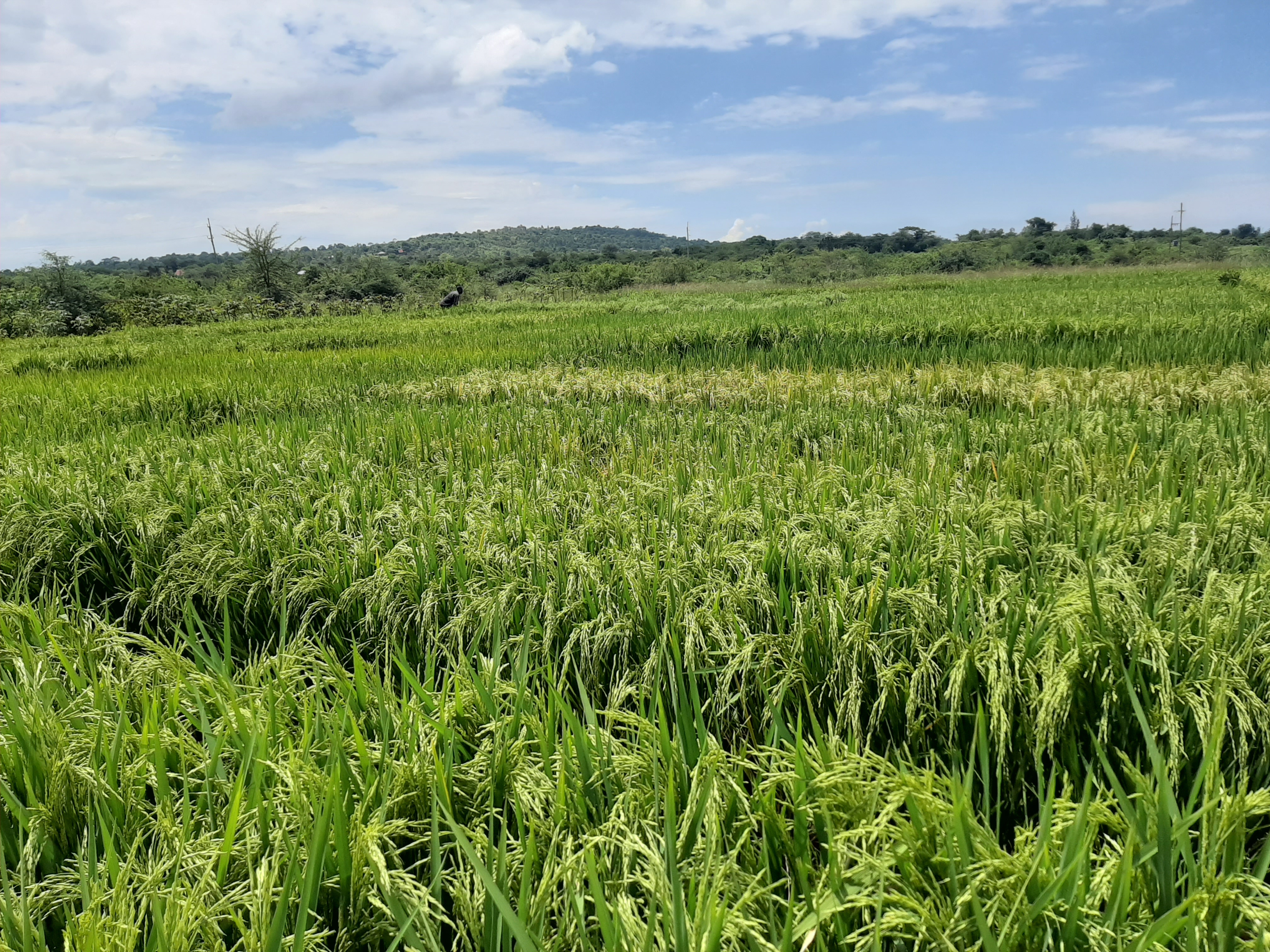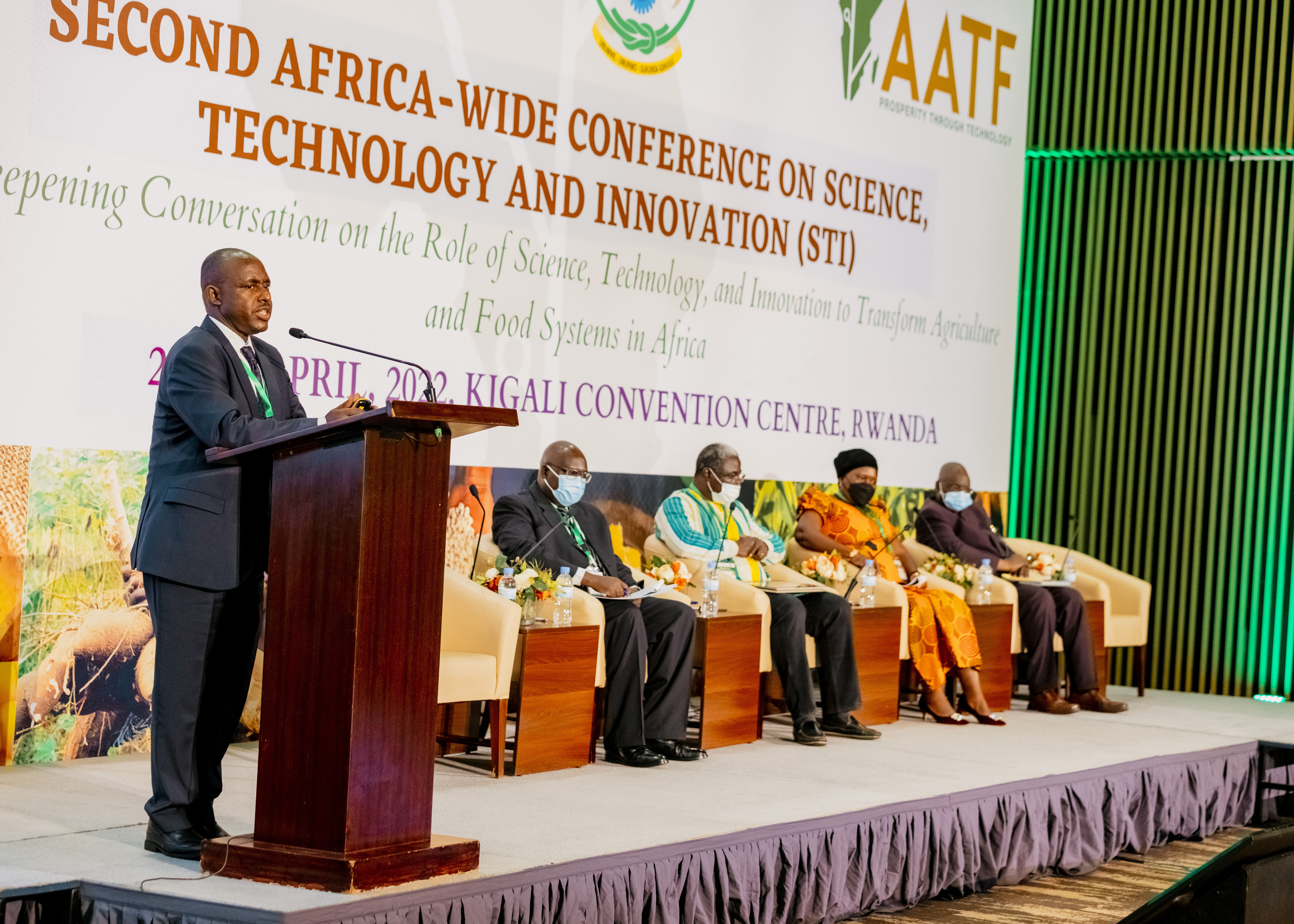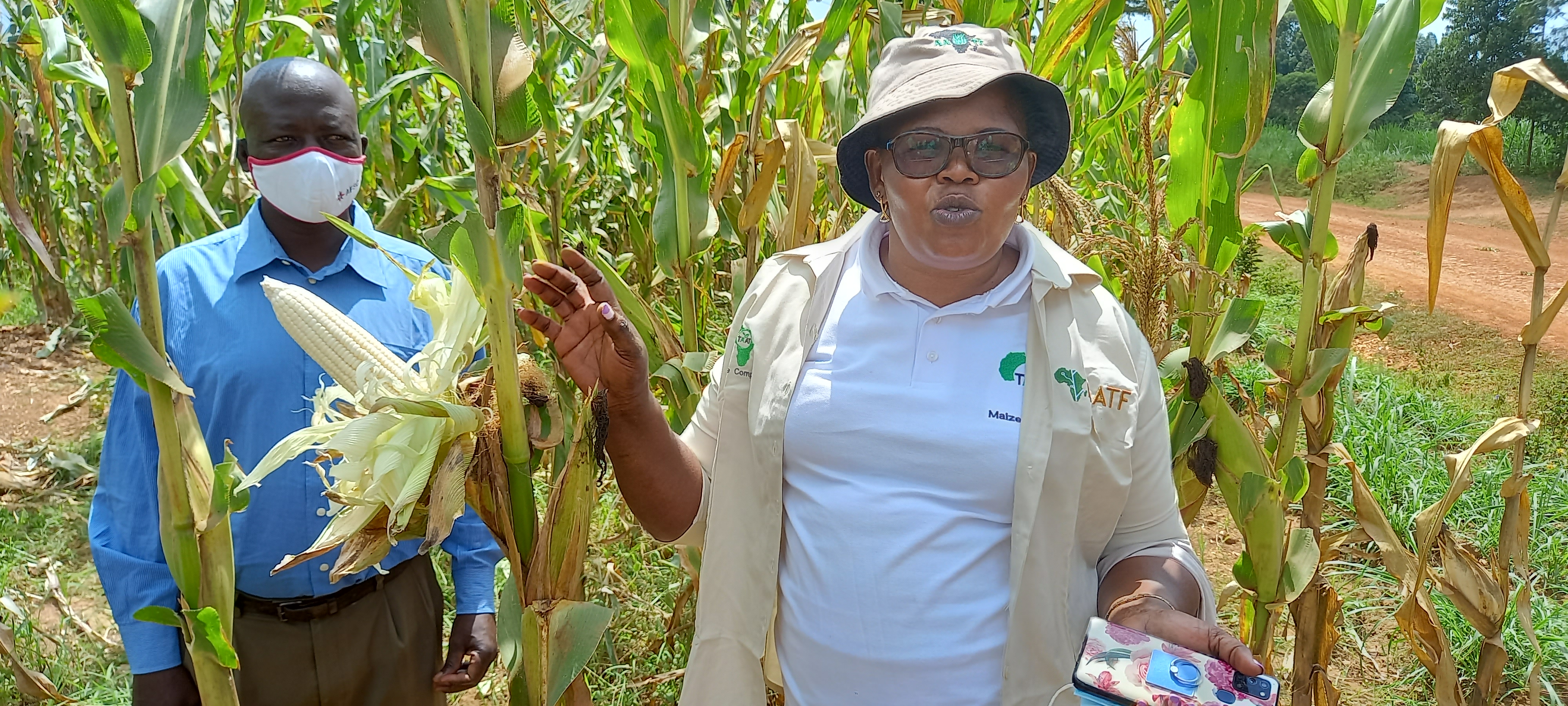Rice sufficiency has been one of the cardinal targets of the present government and successive governments, where billions of Naira had been injected into buying rice seeds and inputs. Rice is one of the key staple foods in Nigeria and Africa generally. Families in Nigeria ensure they eat rice during festive periods; some families process […]
Read MoreBy Vitumbiko Chinoko. The Second Africa-Wide Conference on Science, Technology, and Innovation (STI) recently held in Kigali, Rwanda, concluded with an urgent call for African governments, regional economic communities and continental organs including the African Union, African Development Bank, United Nations Economic Commission for Africa, and non-state actors including the private sector to sustain the […]
Read MoreBy Dr Munyaradzi Jonga. The availability of quality seeds is critical to enhance crop productivity for a food and nutrition secure continent. However, this has remained a challenge in Sub-Saharan Africa (SSA) region due to challenges brought about by drought, pest and diseases that have hampered productivity. Nevertheless, there is still huge potential to maximize […]
Read MoreUnlike the bright-eyed optimism wielded by many school leavers, Jacob Kuya of Kakamega County, Butere sub-county in Marama central ward was facing a future of bleak prospects. His parents separated in 2018 and deserted their home just after he joined high school at the age of 14. The house on the compound was demolished, throwing […]
Read MoreFarmers around the world are using innovations in plant science to increase crop yields, improve sustainability and combat food insecurity. For example, Nigerian farmers are now planting genetically modified (GM) cowpeas that resist their greatest insect pest. This has the potential to increase yields by as much as 80 percent! In December 2019, the government of Nigeria […]
Read MoreIn October this year (2021), Africa recorded a milestone in crop biotech development when the Federal Government of Nigeria granted environmental approval for evaluation and open cultivation of TELA Maize, a new maize variety genetically modified to tolerate moderate drought and resist the fall armyworm and stem borer. This development places Nigeria one step closer […]
Read More[Munyonyo, November 17, 2021]: Scientists, agriculture extension providers, policy makers and other stakeholders across the globe met on the sidelines of the African Forum for Agricultural Advisory Services (AFAAS) Agricultural Extension Week held in Uganda to share experiences on sustainable partnerships for commercialisation and deployment of agricultural technologies in Africa. The AATF side event discussed […]
Read More[Munyonyo, November 16, 2021]: Today, AATF and African Forum for Agricultural Advisory Services (AFAAS) have announced a five-year partnership agreement aimed at enhancing the utilization and adoption of productivity-enhancing technologies; value-adding processes and, loss-reducing practices among smallholder farmers in Africa. The agreement will establish a long-term relationship for purposes of carrying out complementary research, innovation, […]
Read MoreThe African Agricultural Technology Foundation (AATF) and the Rwanda Agriculture and Animal Resources Development Board (RAB) have today launched the country’s Chapter of the open Forum on Agricultural Biotechnology (OFAB) to enhance awareness and knowledge sharing on innovative agricultural technologies in the country. Established by AATF in 2006 as a platform for stakeholder interactions on […]
Read More[Abuja, Nigeria: October 25, 2021] The newly released TELA Maize variety in Nigeria will expand farmers options to either grow GM TELA varieties or conventional Drought TEGO varieties or their local open-pollinated varieties just like farmers in another part of the world, the Institute for Agricultural Research (IAR), Ahmadu Bello University has said. ’’The choice […]
Read More




















































































